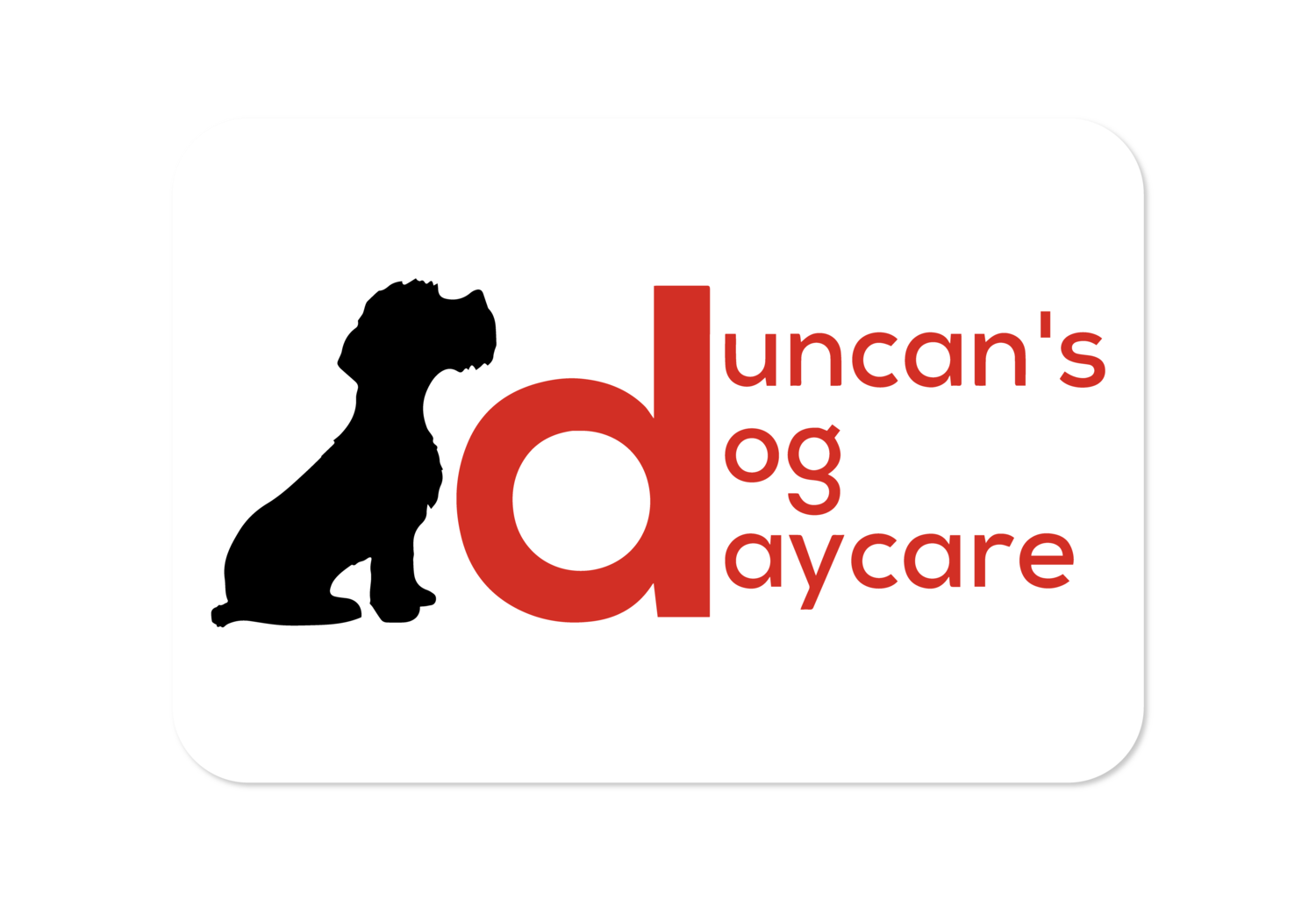Daycare is the safer option
Many of our clients frequent dog parks, beer gardens, and other functions that allow dogs. These are all wonderful experiences for both dog and owner IF all parties involved are responsible, attentive, and knowledgeable of their dog's behaviors and potential warning signs of other dogs. According to local law enforcement authorities and veterinarians, there is a rise in negative dog experiences that occur at dog parks. Here are some things to consider so that you and your dog are safe:
Proper first greetings of two dogs should occur when both dogs have moderate-low energy where both dogs are interested in meeting. Do not allow dogs to meet if they are frantically pulling on the leash and trying to get to the other dog. Greetings should occur by sniffing butts first. Face-to-face greetings are not advised! This can create an intimidating type stare down and trigger a scuffle/fight. If bodies become tense or other "red flag" body language is observed, recall your dog immediately or guide them away by leash. Once both dogs are comfortable, remove the leash and let play begin. Always maintain close proximity to your dog while at the park and visually monitor them at all times.
Recently adopted dogs with unknown past histories may be at the dog park and may not be appropriately socialized. Do not assume that all dogs are friendly or will like your dog if they are at the dog park. If you did recently adapt a dog and do not know their history, expose your dog slowly to other dogs that are low-moderate energy and excel at proper socialization BEFORE bringing them to a dog park.
"Pandemic puppies" may lack socialization and many owners will bring their dog to a dog park to learn socialization. Most dogs must receive proper socialization during specific windows of time as a puppy. If not, complications can arise.
Know good vs "red flag" dog body language. Watch online videos to gain more understanding of these visual cues.
Good body language includes a loose, wiggly, bouncy play style with irregular movements that are welcoming and mirrors their play partner's style. Dog play should be a game of give and take and should never be dominated by one play partner. Play bows are in invitation to play. If the other dog is done playing by trying to walk away, becomes disinterested or cowers, your dog should disengage with them. If they do not, call your dog off promptly. Remember, dogs play with their paws and mouth but overuse or the intensity should be monitored.
"Red flag" body language includes a stiff body or stance, sudden freezing, hackles (hair standing up) from aggression or overexcitement, whites of eyes are showing, head over the shoulders of other dogs, tight lips and/or licking of lips, yawning, excessive grumbling during play that intensifies, growling/snapping, pinning, running and body slamming, nipping sides, cowering, head lowered/eyes up/stiff and staring, humping, or showing possessiveness of balls, sticks or water.
Take action if "red flag" behaviors are noted. If your dog is being pushy, not listening to you or other dog's cues or needs to take a little break, then put them back on leash and calmly walk together until their energy comes back down. If your dog can't settle, it may be time to leave. If you notice another dog is acting out, confront the owner. Maybe their dog is not safe to be there. Since dog fights are happening more often at dog parks, bring an airhorn, pepper spray, or other items like a leash that may assist you in breaking up the fight without physically touching the dogs.
Exposure to illnesses and contaminants. The vaccination requirements at dog parks are less stringent compared to dog daycares. Don't assume that all other dogs at the park are vaccinated or healthy. There are additional exposures to bacteria, fungi, parasites, insects and plants that may cause illnesses that can either come from other dogs or the park environment itself.
Heat exhaustion can occur from the temperature or overexertion. If it is a hot day, try going early in the morning or at night, bring plenty of water and keep the visit short. And just because your dog wants to stay for hours and hours, doesn't mean they physically should. Some breeds will work/play to the point of collapse. Be their advocate and limit their activity appropriately in terms of duration and based off the outdoor temperature.
Dog parks and other social events can be great but there are a lot of risks. It's a game of Russian Roulette. I can also speak of this with personal experience as some of you know that I have a Great Dane. He was attacked at a dog park when he was a puppy over 5 years ago and has never been the same since, however, this is a very common story that I and other dog industry professionals hear quite often now. I encourage folks to have their dog attend DDD instead, as the majority of these risks are nonexistent. We are trained and specialize in dog behaviors, do not allow any reactivity, monitor all activities vigilantly, require additional vaccinations and fecal tests to ensure a level of health, and maintain a clean environment. Here at DDD, we always keep health and safety the #1 priority.

